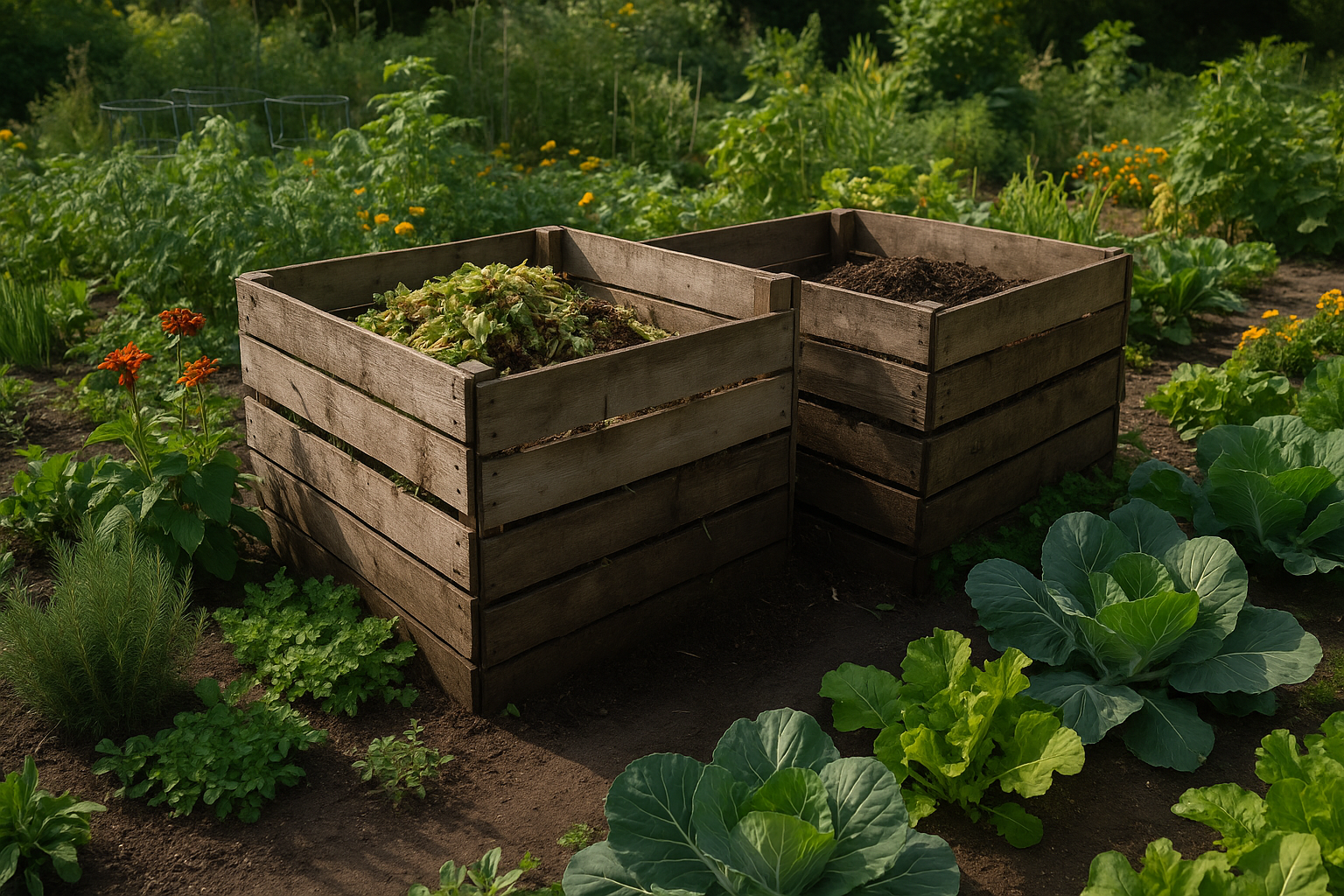Transforming Waste Into Sustainable Food Magic For All
Transforming waste into sustainable food solutions not only addresses your environmental concerns but also opens up a world of innovative opportunities that you can explore by browsing options available online.

Understanding the Magic of Waste Transformation
The concept of transforming waste into sustainable food is not just an ecological necessity but a burgeoning field of innovation. By converting food waste into valuable resources, you can significantly reduce environmental impact while also tapping into potential economic benefits. This process involves utilizing organic waste to produce compost, bioenergy, and even animal feed, thereby closing the loop in the food production cycle.
Economic and Environmental Benefits
Engaging in waste transformation can lead to substantial savings and revenue generation. For instance, the global food waste management market is expected to reach $42.37 billion by 2022, growing at a CAGR of 5.97%1. This growth is driven by the increasing adoption of waste-to-energy technologies and the rising awareness of sustainable waste management practices. By participating in this market, businesses and individuals alike can benefit from reduced waste disposal costs and the creation of new revenue streams.
Innovative Techniques and Technologies
Several innovative techniques are being used to transform waste into food. For example, anaerobic digestion is a process that converts organic waste into biogas, which can be used as a renewable energy source. Composting is another method that turns food scraps into nutrient-rich soil, supporting agricultural productivity. Companies like BioCycle and AgriProtein are pioneering in this field, offering solutions that not only manage waste but also contribute to sustainable agriculture23.
Real-World Applications and Examples
In New York City, for instance, the Department of Sanitation runs a food scrap recycling program that has significantly reduced landfill waste while producing compost for local farms and gardens4. Similarly, in the UK, the company Olio connects neighbors and local businesses to share surplus food, thereby reducing waste and fostering community engagement5.
How You Can Get Involved
Whether you're an individual looking to reduce your carbon footprint or a business aiming to innovate in waste management, there are numerous opportunities to explore. Start by researching local programs and services that facilitate waste transformation. You can also visit websites of companies leading in this sector to see these options and how they might align with your goals. Additionally, consider investing in small-scale composting or anaerobic digestion systems suitable for home or business use.
By embracing these sustainable practices, you contribute to a healthier planet and potentially discover profitable ventures. As you delve into the world of waste transformation, you'll find a myriad of resources and specialized services that can guide you through the process.